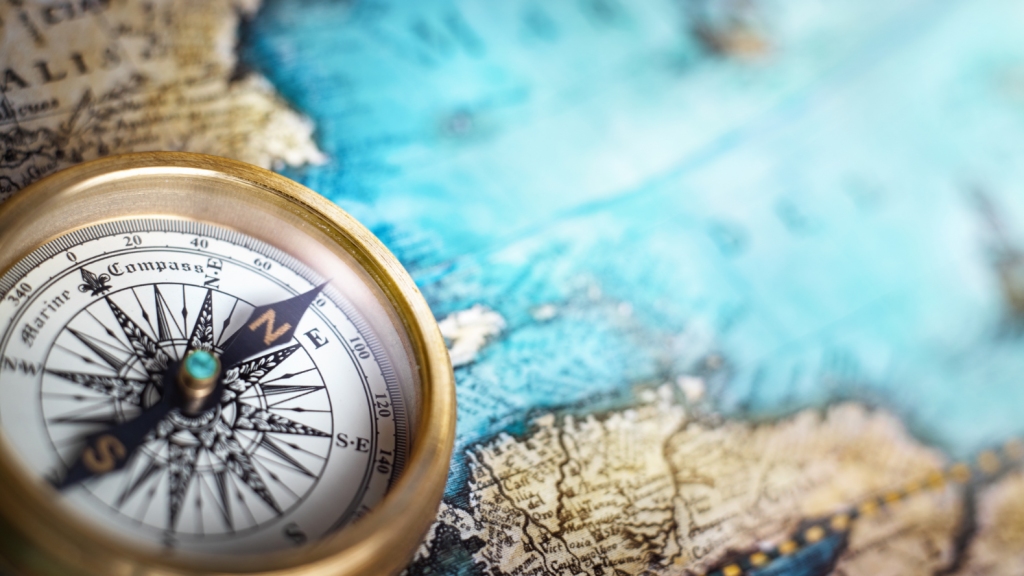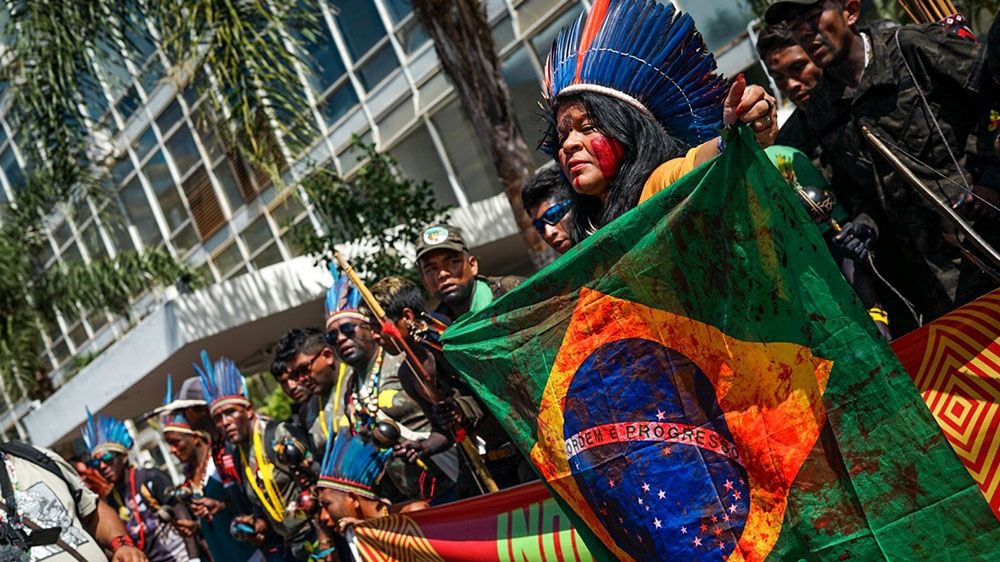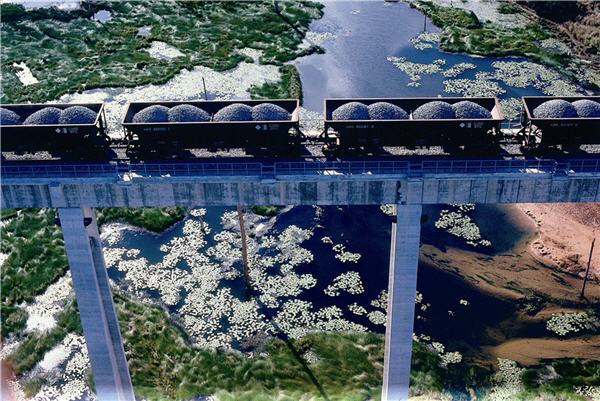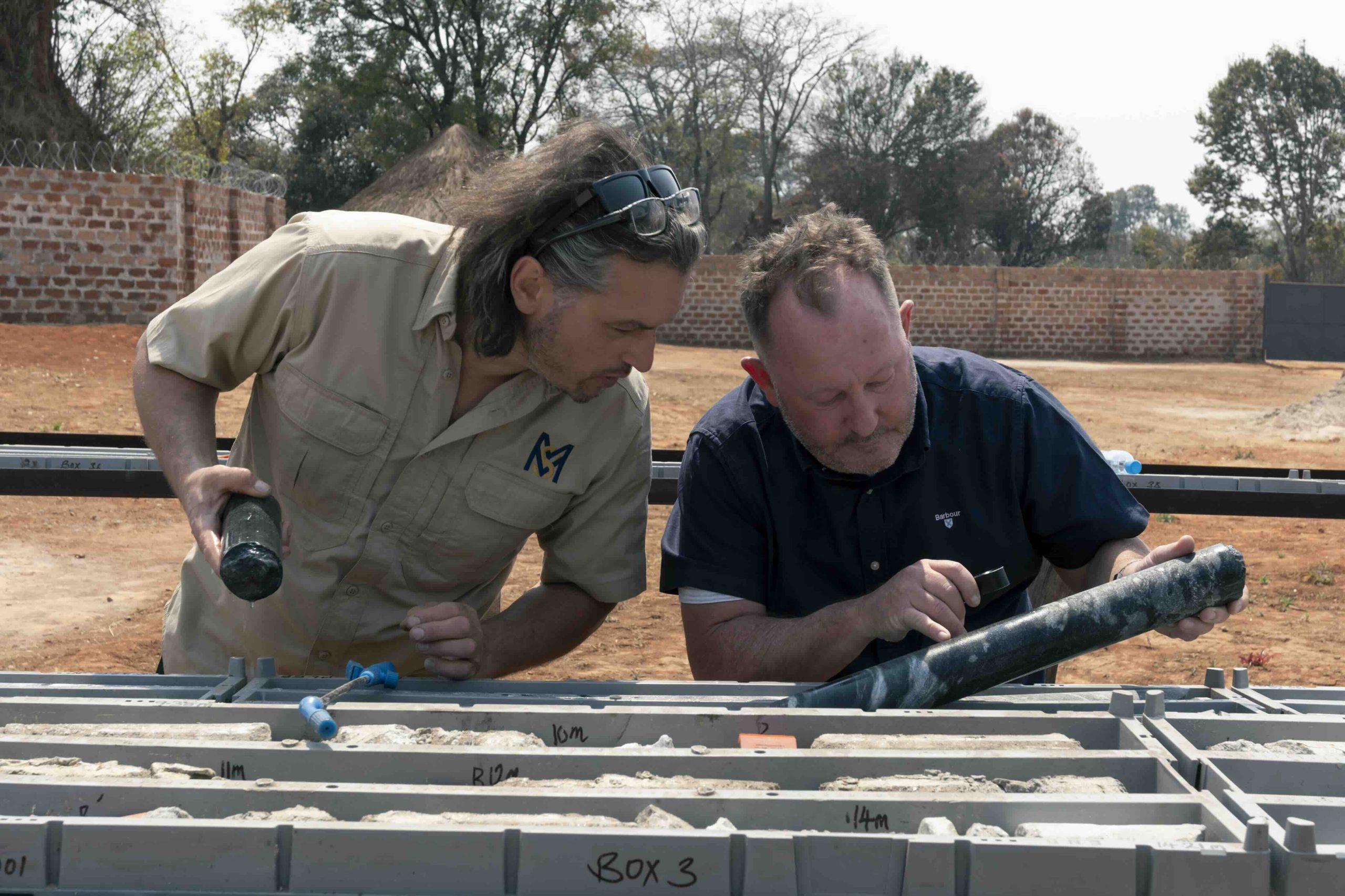Brazil’s hidden treasures

Brazil’s president Jair Bolsonaro plans to expand mining in the country, a sector that is held back by a lack of knowledge about geological sites and an excess of bureaucracy, according to executives and officials.
Today the government unveiled its Mining and Development Program (PDM) with goals for the sector in a meeting held by Bolsonaro.
As part of government efforts, the president presented a controversial bill in February that would allow commercial mining on protected indigenous lands, delivering on a campaign promise that sparked protests from tribal leaders and environmentalists.
Brazil’s constitution currently does not rule out mining on reservations, but does not allow it because it has not been regulated. With no clear regulation, conflicts between Amazon indigenous groups and illegal gold miners are ongoing.

Ideology aside, Brazil still takes baby steps when it comes to research and exploration compared to major producers like Canada and Australia, or even neighbors Chile and Peru.
To date, only 26% of the country’s territory is mapped for exploration, according to the Geological Survey of Brazil, the state-owned company responsible for it.
“Without this basic information, is impossible to attract private investments,” Geological Survey of Brazil director Marcio Remédio told MINING.COM.
“The country has today 58,000 areas ready for public offer but without geological research,” said Luiz Mauricio Azevedo, director of the Brazilian Association of Mineral Research Companies (ABPM).
“We also face the excess of bureaucracy on the license process. What can be done in months in Canada, in Brazil it will take more than a year.”
Golden state
The state of Pará is currently the second largest producer of ore in the country, second only to Minas Gerais, and includes Carajás, the largest open-pit iron ore mine in the world. Vale operations at the complex produce around 150 million tonnes annually.

“In the Amazon region the geologic knowledge is much smaller. We lack access, roads and infra-structure. Only 11% of Pará’s territory is mapped for exploration. ” said Marcio Remedio.
“There is still a lot of gold, tin and other minerals to be explored,” said Marcelo Esteves Almeida, mineral resources director at Geological Survey of Brazil.
“If Pará were a Canadian province it would be number one in the world.” said Remedio.
Environmental law
There are currently restrictions on mining in 48% of Brazil’s territories, the majority being natural reserve, indigenous land and borderlands.
“The Brazilian Amazon has restrictions of all types. The cost of geological mapping is high,” added Almeida.
“Brazil has no geological knowledge of restrictive areas,” said Remedio.
He said the proposed bill by Bolsonaro would allow federal agencies to do the research, identify the areas and start exploration only after consulting the local community.
By Brazilian law, any exploration program at Brazil’s borderlands needs to have 51% in national capital
“If we have a more permissive but responsible regulation, of course it guarantees a different future for mining.”
Until December 2019, the National Mining Agency registered about four thousand mining requirements filed within indigenous lands of the Amazon, even the exploration being barred.
By Brazilian law, any exploration program at Brazil’s borderlands needs to have 51% in national capital.
“The borders are 16% of the territory. This (law) prevents the foreign investments from reaching Brazil,” said Remedio.
“We do not need indigenous lands and borderlands to grow mining in Brazil, but it is absurd to have these barriers, which deprive indigenous people of resources and leave our borders vulnerable. See the success they have with local communities in Australia, for example” said ABPM Luiz Mauricio Azevedo.
{{ commodity.name }}
{{ post.title }}
{{ post.date }}




Comments